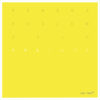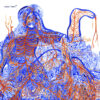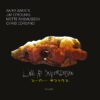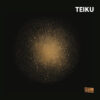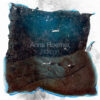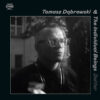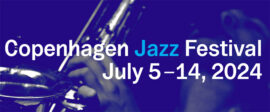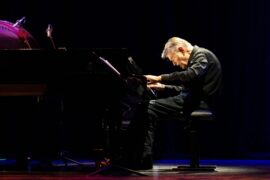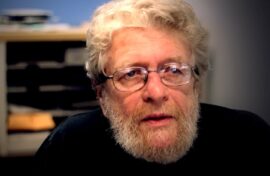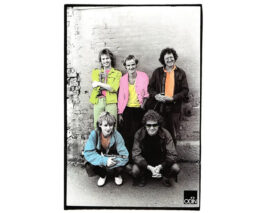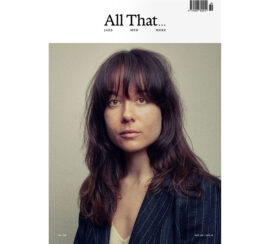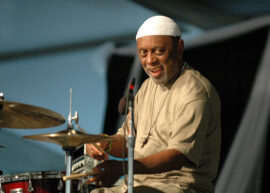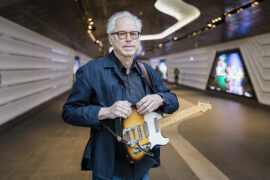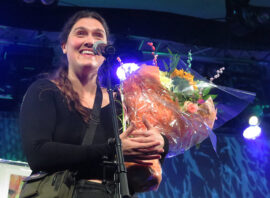
In 1926 African-American poet, novelist and social activist Langston Hughes (1902-1967) published his first collection of poetry, «The Weary Blues», still considered one of the high points of modernism and of what has come to be called the Harlem Renaissance – that flowering of African-American literature and culture in the public’s consciousness. Forty years later Hughes recorded himself reciting his poetry on an album by the same name, accompanied on the first side by a band led by trumpeter Henry «Red» Allen and on the second side by Charles Mingus’ Jazz Workshop («Weary Blues», VSP, 1966).
Almost another forty years pass and composer, multi-instrumentalist and author David Amram, now 86 years old, who have played in Mingus band, pioneered in 1957 the first-ever public jazz-poetry readings in New York with Jack Kerouac and collaborated later with Langston Hughes on the cantata «Let Us Remember» that was premiered at the San Francisco Opera in 1965, and Mingus son, Eric, recorded 13 jazz-poems of Hughes, beginning with the poem «The Weary Blues». «The Dream Keeper», obviously, features the poem by the same name, already arranged to music by Carla Bley on the epic album by the same name by Charlie Haden and the Liberation Music Orchestra (Blue Note, 1991), and later by sax player Sam Sadigursky («Words Project II», New Amsterdam, 2008).
«The Dream Keeper» was initiated by Larry Simon, the founder of JazzMouth festival in New Hampshire that focuses on combining jazz and spontaneous music with readings by some of the finest poets, and was recorded on April 2012. Simon is the musical director of this project, arranged some of Amram compositions and plays the guitar. Seven poems are presented only by Amram, who plays here only the piano, and Mingus, and the other poems feature a small chamber jazz arrangements. Mingus voice is warm and compassionate and the modest, reserved arrangements serve well his charismatic delivery. He turns the poems into personal, dramatic and engaging stories, totally identifying with Hughes natural irony and fine sense of humor. Hughes political observations are articulated as an advice from a wise man who have accumulated enough experiences and seeks justice and equality, as the short poem «Democracy» tells:
«…I tire so of hearing people say, / Let things take their course. / Tomorrow is another day. / I do not need my freedom when I’m dead. / I cannot live on tomorrow’s bread».
«Freedom / Is a strong seed / Planted / In a great need».
«I live here, too. / I want freedom / Just as you».
Amram, Mingus and Simon do great justice to the powerful and most relevant legacy of Hughes. Listen to these remarkable album and follow Hughes dreams:
«Bring me all of your dreams, / You dreamer, / Bring me all your / Heart melodies / That I may wrap them / In a blue cloud-cloth / Away from the too-rough fingers / Of the world».
Eyal Hareuveni
Eric Mingus (v), David Amram (p), Larry Simon (g), Don Davis (contra-alto cl), Catherine Sikora (ss), Cynthia Chatis (Native American fl, fl), Scip Gallant (org), Chris Stambaugh (b), Mike Barron (dr), Shawn Russell (perc), Frank Laurino (perc)



